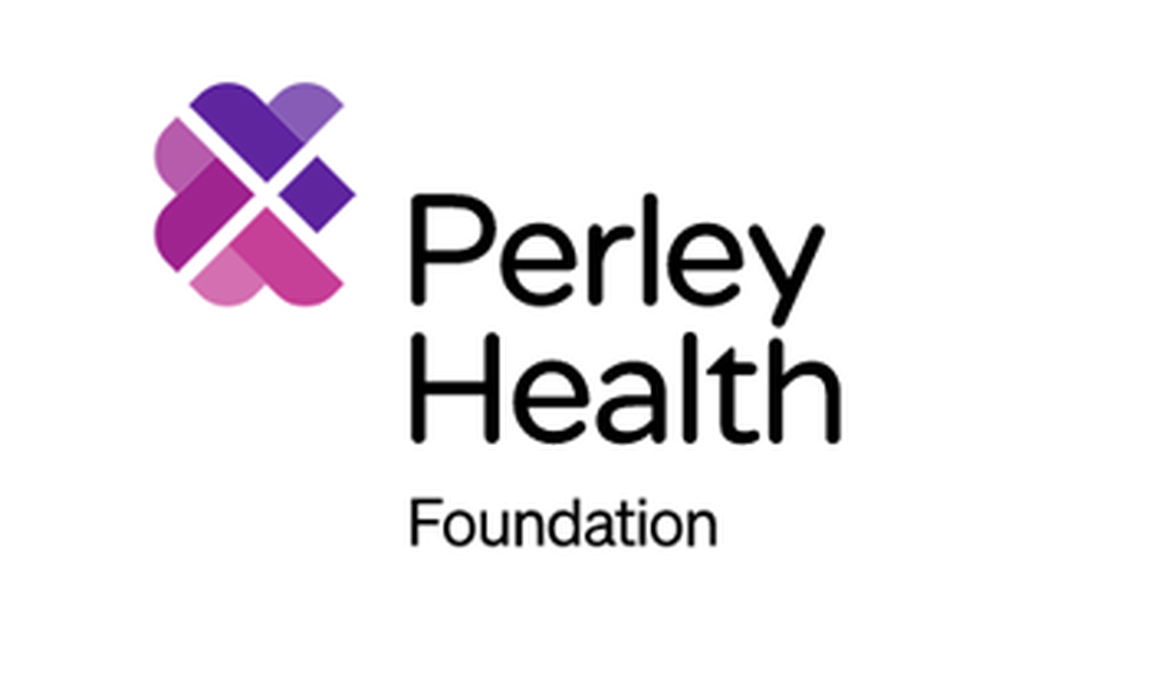Labour of Love

The last two years, Dr. Annie Robitaille feels as if she’s been living her dream. Being appointed the inaugural Commissionaires Ottawa Research Chair in Frailty-Informed Care at Canada’s first Centre of Excellence in Frailty-Informed CareTM (CoE) was only the beginning. Since then, Annie and the CoE have been caught up in a whirlwind of activity and accomplishment.
“We have made fantastic progress on each one of our goals in such a short time,” Annie says. “I feel blessed to have such strong support from my team, and from donors and stakeholders. This support gives us the opportunity to improve quality of life for generations of Seniors and Veterans living with frailty.”
Annie Robitaille comes by her passion honestly — she’s always been close to her grandparents. For much of her childhood and teenage years, her paternal grandparents lived in an apartment on the ground floor of the family home.
“At the time, it was wonderful; today, though, I wonder how they managed to put up with the dance parties I would sometimes host,” she says with a smile. “Now that they’re both gone, I often think of the stories they told me.”
Annie remains close with her maternal grandmother, who’s now in her 90s. During the pandemic, they’ve made quilts together even though they live hundreds of kilometres apart. Annie does the sewing, her grandmother does the embroidery and they send their handiworks back and forth by courier. During weekly video calls, they show the progress they’ve made and catch up on family news.
“She inspires me every day,” says Annie. “I know that the research we do can really improve older adults’ quality of life, along with the quality of care they receive. I love my job and feel I’m exactly where I need to be righ now.”
While still in university, Annie began to appreciate that practical research can improve people’s lives. She initially enrolled in criminology, but loved psychology courses so much that she changed her major. And once she got in involved in research, she was hooked. At the time, the psychology of older adults was less studied. Annie was drawn to it, though, in part because she was so close to her grandparents and because she had enjoyed volunteering in a seniors’ home while in high school. Annie found a PhD supervisor who specialized in the field and earned her doctorate in 2010. Her dissertation examined the role of social support on psychological distress among older Canadians. Since then, her research has ranged from the study of long-term care (LTC) to responsive behaviours and social isolation of older adults living with frailty.
“When I heard that Perley Health planned to establish the Centre of Excellence in Frailty-Informed CareTM, it sounded perfect for me,” says Annie. “I applied right away.”
The CoE facilitates the applied research needed to improve the care of Seniors and Veterans living with frailty. A person living with frailty is less able to cope with minor stresses and more likely to suffer rapid and dramatic changes in health. Not all older people will live with frailty, although the risk of frailty increases with age. There is arguably no better location for the CoE than Perley Health, home to approximately 450 residents (many of them Veterans who served overseas) in LTC, along with approximately 200 seniors in 139 independent-living apartments. The CoE supports Perley Health’s mission of excellence in the health, safety and well-being of Seniors and Veterans, and is funded by donations to the Perley Health Foundation. In 2021, Commissionaires Ottawa donated $2 million to the Foundation’s Answering the Call campaign.
“The generous donation from Commissionaires Ottawa is a major milestone for us,” says Annie. “It’s one of many indications of the solid progress we’re making — and absolutely must make — on issues of housing and caring for Seniors and Veterans living with frailty. Canada’s population of older adults living with frailty is expected to triple in the next couple of decades and we need to ensure that our healthcare and LTC systems can cope with this surge.”
Along with securing funding through donations and research grants, the CoE has made remarkable progress in other key areas. It continues to attract high-calibre researchers and partners, for instance, and growing numbers of peer-reviewed journals publish its studies.
“Knowledge transfer is vital,” says Annie. “To truly transform care, we have to ensure that other homes can apply what we learn from research, such as evidence-based best practices.”
Several of the CoE’s current research projects focus on the impact of social isolation on physical and mental health. Given the lockdowns and visitation restrictions imposed during the COVID-19 pandemic, the topic is particularly timely. One interview-based study focuses specifically on the psycho-social impacts of visitation restrictions, while another evaluates the success of online peer-support groups. Yet another measures the impacts of having university student volunteers conduct virtual visits with older adults living with dementia.
“All of these projects will improve our understanding of social isolation and how to minimize its impacts on the health of people with frailty,” says Annie. “While the worst of the pandemic may be over, its impacts will linger for decades to come. By studying how efforts to control the spread of contagious disease can increase feelings of social isolation and loneliness, and contribute to poor health outcomes, we’ll be better prepared for the next pandemic.”
Annie’s grandmother, who lives in an apartment, broke her hip during the pandemic. Everyone in the family was terrified, because the consequences can be life-threatening consequences for people in her 90s.
“She’s made a full recovery,” says Annie. “And every day, she’s back to using her treadmill and doing a little embroidery. I want more Canadians of her age to be as active, engaged and healthy as she is. And I know that our research can help make this possible.”

